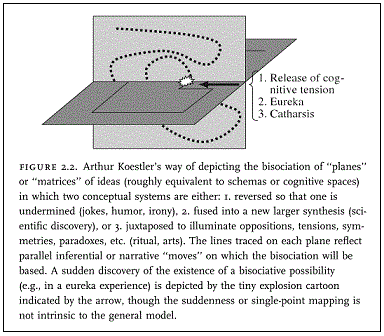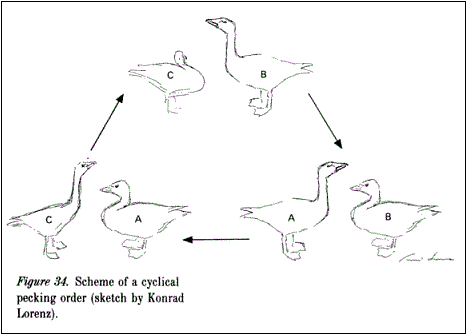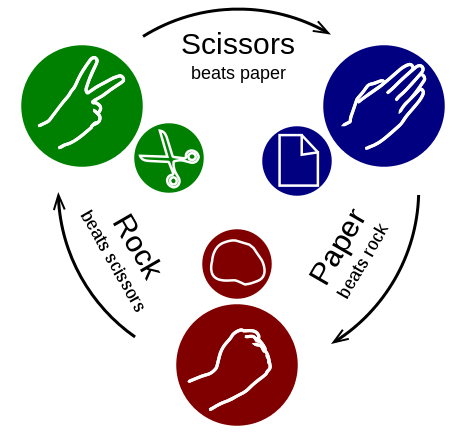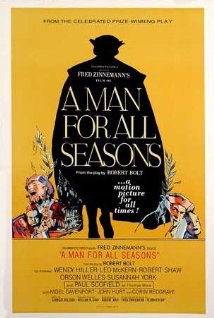[ by Charles Cameron — Aristotle, the Ismailis, CG Jung ]
.
Two is the first number:
From the tenth-century Rasa’il Ikhwan al-Safa’ (Epistles or Treatises of the Brethren of Purity) as found in Seyyed Hossein Nasr & Mehdi Aminrazavi, eds., An Anthology of Philosophy in Persia, vol. 2, Ismaili Thought in the Classical Age:
We say that one is the source and generator of the numbers because when one is removed from existence all the numbers are removed with it, but when the numbers are removed from existence, one is not removed. We say that two is the first whole number because numbers are a plurality of ones, and the first plurality is two.
**
I am delighted to find myself in the company of the Ismailis, having written in On two, one, seven plus or minus, and ten – towards infinity:
When I worked as senior analyst in a tiny think-shop, my boss would often ask me for an early indicator of some trend. My brain couldn’t handle that — I always needed two data points to see a pattern, and so I coined the mantra for myself, two is the first number.
One isn’t a number until there are two, because it’s limitless across all spectra and unique, and because it is its own, only context.
One isn’t a number unless there’s a mind to think of it — in which case it’s already an abstraction within that mind, and thus there are, minimally, two. At which point we are in the numbers game, and there may be many, many more than two — twenty, or plenty, or plenty-three, or the cube root of aleph null, or (ridiculous, I know) infinity-six…
Go, figure.
Two is the first number, because the two can mingle or separate, duel or duet: either way, there’s a connection, a link between them.
And in Of a non-comparative use of the DoubleQuotes method:
Putting it bluntly, one point is pointless — things could go anywhere from there. Two points suggest a line, a link, a connection — a possible, maybe even plausible, trend.
It’s that sense I have of two being the beginning of thought that makes me so fond of the DoubleQuotes format — and of Arthur Koestler‘s insight about creation occurring at the intersection of two spheres..

If I’m a fundamentalist about anything, it’s the notion that it takes two to tango!
**
Furthermore..
From CG Jung, A Psychological Approach to the Dogma of the Trinity, in Psychology and Western Religion:
The number one claims an exceptional position, which we meet again in the natural philosophy of the Middle Ages. According to this, one is not a number at all; the first number is two. Two is the first number because, with it, separation and multiplication begin, which alone make counting possible. With the appearance of the number two, another appears alongside the one, a happening which is so striking that in many languages “the other” and “the second” are expressed by the same word.
And from Leonardo Tarán, Speusippus of Athens: A Critical Study With a Collection of the Related Texts and Commentary:
Now we know that Speusippus did consider one to be the first odd number, whereas Aristotle thinks that two is the first number and explicitly denies that one is a number. [ … ]
Concerning the One, then, the differences between Speusippus and Aristotle amount to this: For the latter the One is not a number, nor a separately existing entity, but the principle of number because, each number being a plurality of abstract monads, the One is its measure.
**
As Emerson wrote:
The world is young; the former great men call to us affectionately.











